Growing up before the internet was like living on a different planet. If you wanted to find something out, you didn’t just type it into a search bar—you hunted it down, asked someone older, or just lived with not knowing. There was effort involved, and sometimes, a lot of imagination. If you were a kid in the ’80s or ’90s, here are 13 things that probably defined your curious, analog childhood—and will never quite make sense to anyone born into the age of Google.
1. Memorizing Phone Numbers

Back when landlines were the default, you had to actually remember the numbers of people you wanted to call. According to Pew Research Center, more than 90% of U.S. households had landlines through the ’90s, so there were no contact lists to scroll through. You probably had your best friend’s number, your crush’s, and maybe your grandparents’ memorized by heart. And if you forgot one, it was off to the Rolodex or address book.
You couldn’t just “find” someone after losing touch. If they moved or changed numbers, you might be out of luck forever. And let’s not forget the awkward moment when their mom or dad answered the phone and wanted to chat. It taught a lot of kids early phone etiquette—and how to fake confidence.
2. Calling Movie Theaters for Showtimes
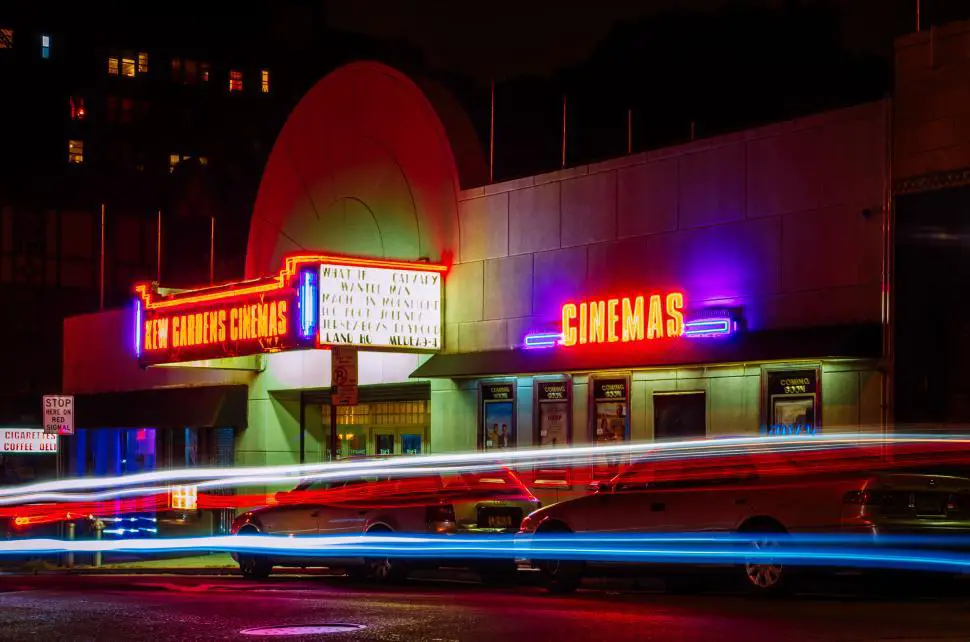
Before online listings, you had to call a theater and listen to a long, often garbled recording listing every showtime for every screen. As noted by The Atlantic, even into the early 2000s, people relied on local theater hotlines to get movie details. If you missed your film while zoning out, you had to wait through the whole thing again. It was like playing audio roulette with your Friday night plans.
There was something exciting about calling in and making it all work. You couldn’t reserve a seat or even guarantee a showing wasn’t sold out. You just showed up and hoped. And if your parents were driving, you’d better get that timing exactly right.
3. Looking Stuff Up in Encyclopedias

If you had a question—say, “What is photosynthesis?”—you weren’t Googling it. You were flipping through a full set of encyclopedias, likely World Book or Britannica. As Forbes notes, these massive printed volumes were status symbols in many homes, often sold door-to-door in the ’80s and ’90s. And they were expensive, so if you had a set, it felt like your house was the library.
The real challenge was navigating them. You had to find the right letter, read through dense paragraphs, and then maybe look up more terms. But it was kind of thrilling to track something down yourself. It made knowledge feel earned.
4. Printing Out Directions from MapQuest
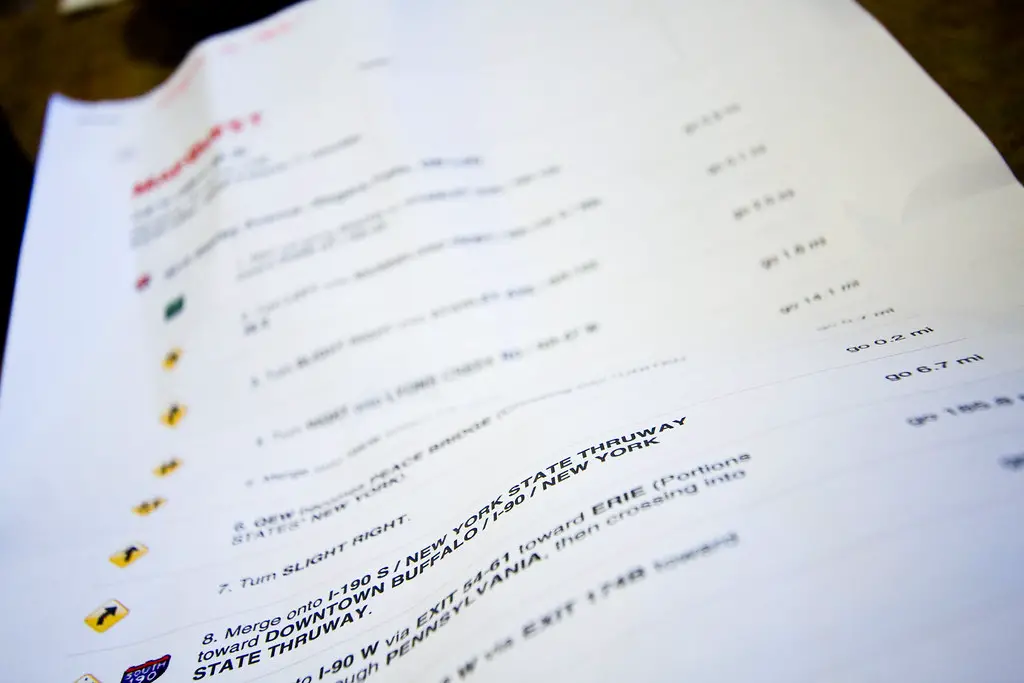
Road trips before smartphones were a high-stakes game of trust and toner. You’d enter your destination on MapQuest, print out the step-by-step directions, and cross your fingers. According to The Washington Post, MapQuest was the most visited travel site in the early 2000s before smartphones took over navigation entirely. If you missed a turn, you’d either backtrack or pull over and ask a stranger for help.
There were no traffic updates, no voice giving you a heads-up about your exit. Just printed paper and the hope that no one spilled coffee on it. Getting lost was practically a rite of passage. And if you were the navigator, your family’s stress levels were your responsibility.
5. Recording Songs Off the Radio
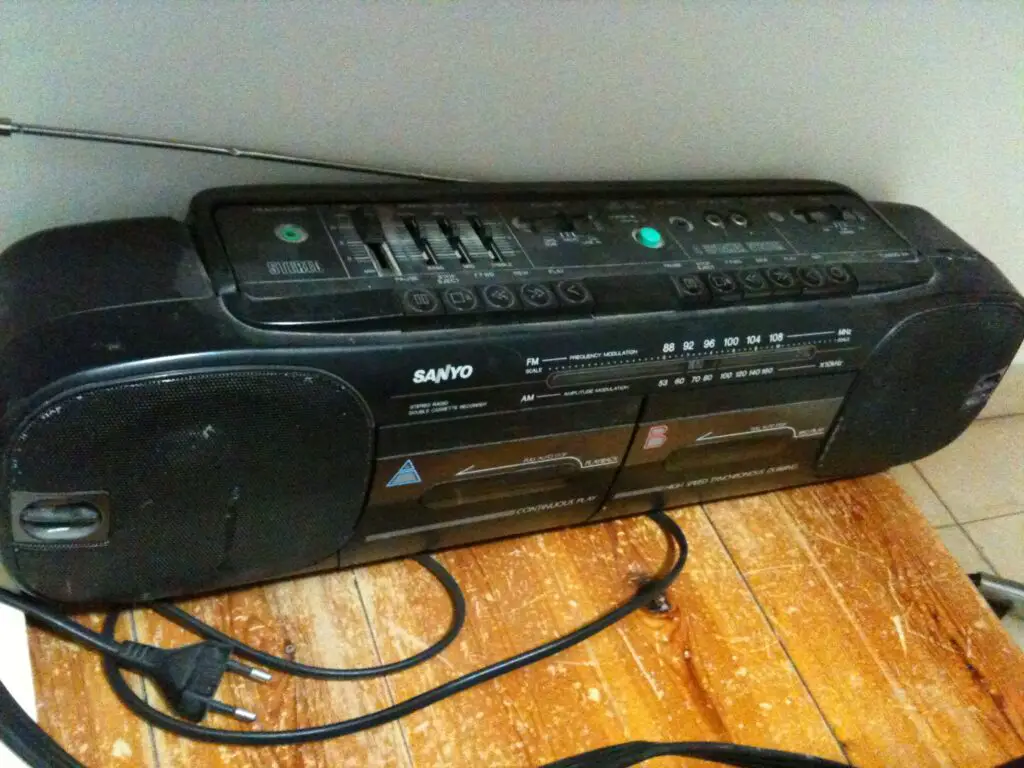
Making a mixtape meant hovering by the stereo, finger on the “Record” button, just waiting for your song to come on. The timing had to be perfect—otherwise you’d cut off the intro or capture the DJ yelling the station’s call sign halfway through. You learned to hate commercials and love the unpredictability of live radio. But when you nailed it? Magic.
Blank cassette tapes were gold. You’d label them with your best handwriting and maybe doodle little hearts if it was a crush tape. Sharing a mix was practically a love letter. Spotify playlists just don’t hit the same.
6. Using a Physical Dictionary to Look Up Words

If you didn’t know how to spell something, you had to make a pretty good guess. Then you’d flip through a giant book and scan columns of tiny text to find your answer. It was slow and sometimes frustrating—but weirdly satisfying when you found the exact word. You might even wander into new words you’d never heard before.
The thesaurus was its own little rabbit hole. Suddenly “nice” turned into “cordial,” “gracious,” or “affable.” You were learning without realizing it. These days, spellcheck handles it all for us—but we lost a little bit of that tactile magic.
7. Asking Adults or Teachers Instead of Google
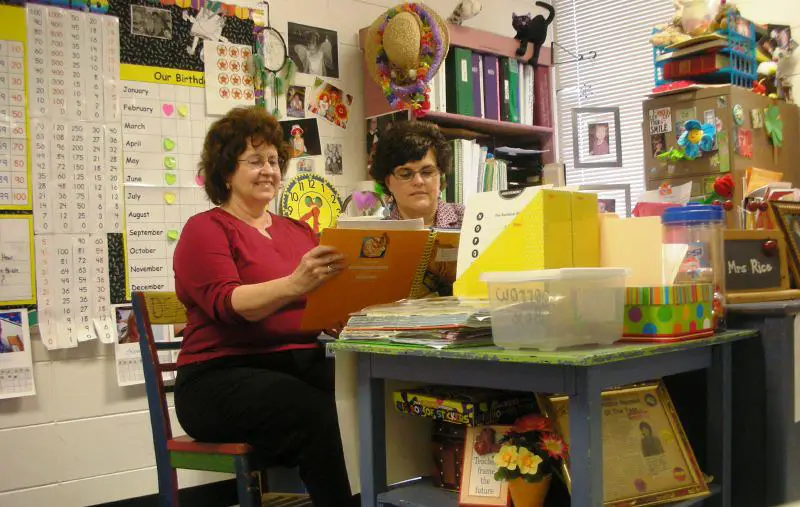
If you had a burning question—like “How do tides work?”—you had to ask someone older or wait until school. There was no instant answer, which meant conversation was often the search engine. Sometimes the answer was wrong, or just “Go look it up.” But it made you resourceful, and maybe a little more patient.
There was also something sweet about trusting someone else to explain the world to you. Grandparents had answers that Google never will. Teachers were heroes with chalk. It all felt more human.
8. Debating Facts with Zero Way to Prove Them

Arguments in the cafeteria could stretch for days. Was Pluto a planet? Did Paul McCartney die and get replaced by a lookalike? If no one had an encyclopedia handy or remembered an article, it stayed unresolved.
And honestly? That was kind of fun. The uncertainty added fuel to the conversation. These days, a two-second search ends the debate—but it also ends the magic.
9. Passing Notes Instead of Texts
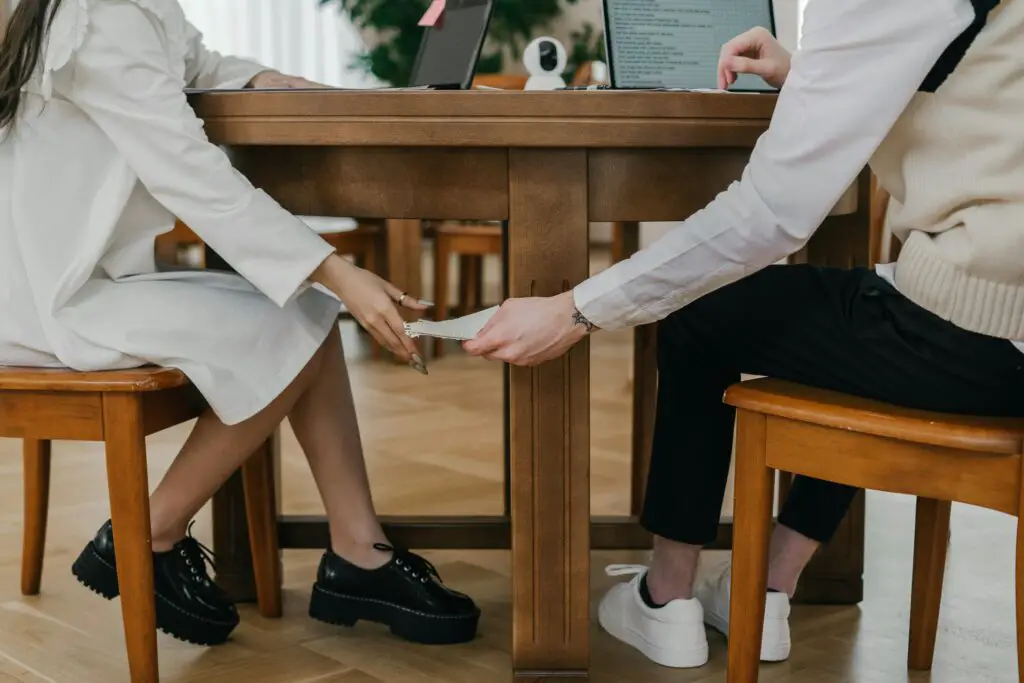
There was an art to folding notes: the triangle, the square, the mini-envelope. If you wanted to ask someone to the dance or vent about math class, it was all happening on lined paper. You’d slide it into a backpack or sneak it under a desk. Getting caught meant serious embarrassment—or confiscation.
Reading a note in class was a thrill. You couldn’t delete it or take it back. And finding an old one years later in a shoebox? Instant time travel.
10. Watching Saturday Morning Cartoons with a Schedule
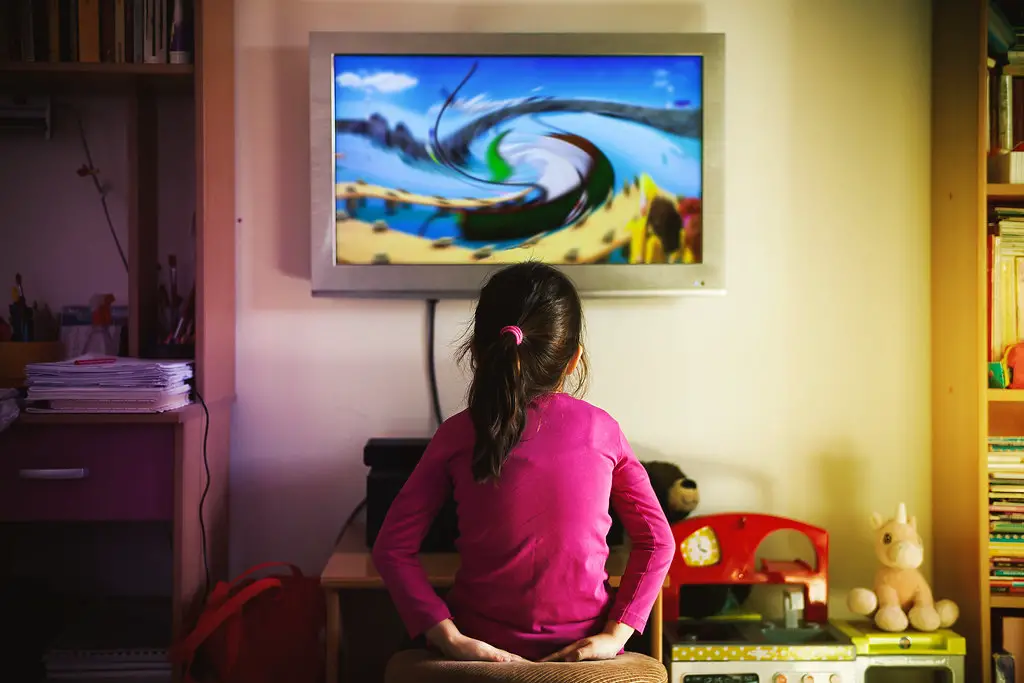
If you missed your favorite show at 8 a.m., that was it—no reruns, no streaming, no DVR. You lived by the TV guide, maybe even planned your cereal bowl around it. There was no “play next episode” button. You waited all week for that half-hour.
And you weren’t alone. Saturday mornings were a shared cultural moment. Everyone saw the same episodes, same commercials, same goofy intros. It made TV feel special.
11. Using a Card Catalog at the Library
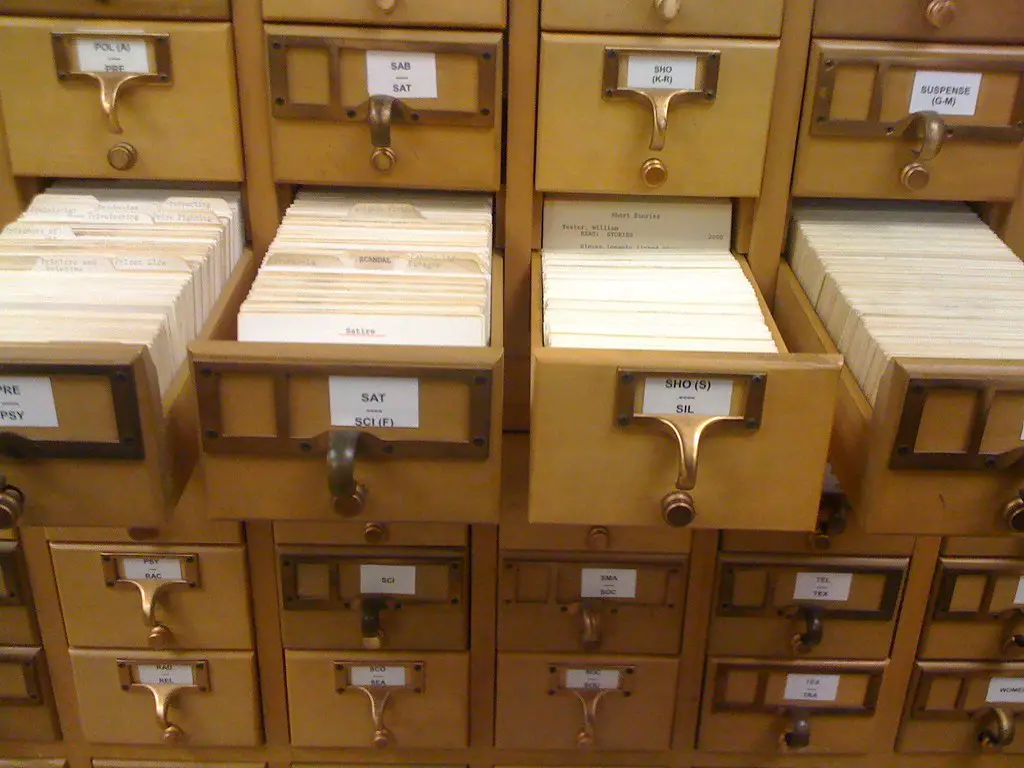
Want to find a book? Time to shuffle through a cabinet full of little drawers, each packed with index cards. You’d scan by author, title, or subject, then jot down a call number and head into the stacks. It was analog detective work—and so satisfying when it paid off.
The process took time, but it taught you how to search with intent. You got better at it the more you did it. And once you found the book, it felt earned. These days, most kids will never touch one of those little drawers.
12. Blowing into Video Game Cartridges to “Fix” Them
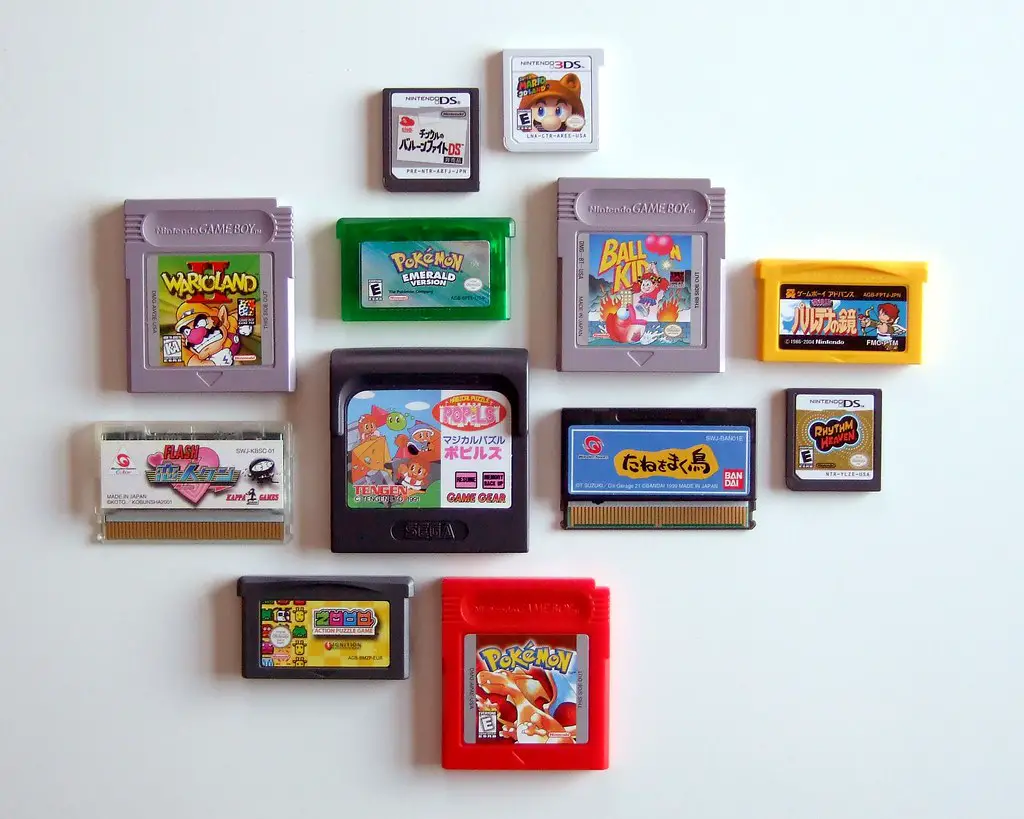
Your Nintendo game didn’t start? Blow into the cartridge. It probably didn’t actually help, but every kid swore by it. It was the universal fix-it method of the ’90s.
Sometimes you’d have to reset the console, or jam the cartridge in at just the right angle. It was fussy and imperfect, but weirdly bonding. Everyone had a trick. And when the game finally loaded? It was pure joy.
13. Waiting for Photos to Be Developed
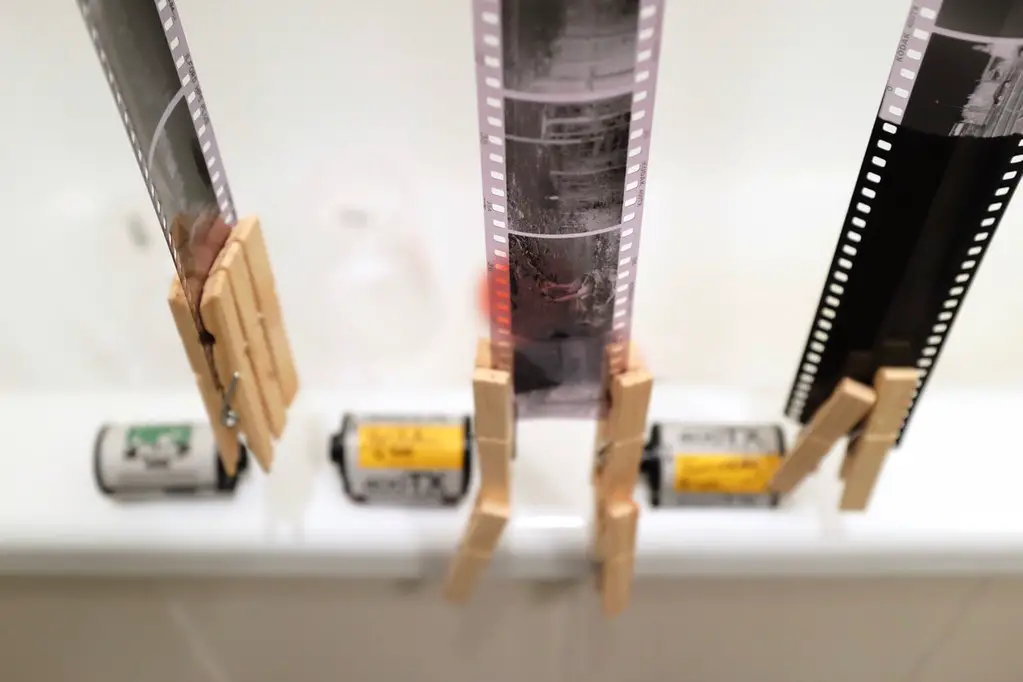
You took a picture and… that was it. You couldn’t check if someone blinked, or if it was blurry, or if your thumb was over the lens. You dropped off the film and waited days to find out. It was delayed gratification in the most real way.
Picking up a fresh envelope from the photo counter felt like opening a present. And flipping through the glossy prints was an event. Sure, half were duds—but the ones that turned out well? They were treasured. Still are.
